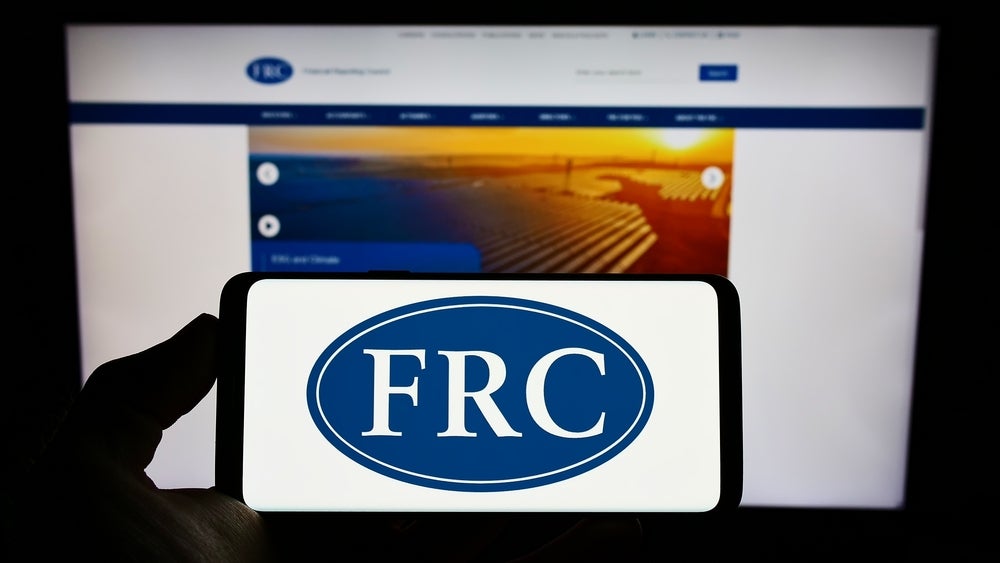Small UK businesses will be exempt from having
a mandatory statutory audit as the government relaxes auditing and
reporting requirements.
The Department for Innovation Business and
Skills (BIS) has made the changes in response to the
consultation Audit Exemptions and Change of Accounting
Framework and will now allow more companies to make a
commercial decision about whether or not to have a statutory
audit.
The new regulations will align mandatory audit
thresholds with accounting thresholds, meaning Small-and-Medium
sized Enterprises (SME) will be able to obtain an exemption if they
meet two out of three criteria relating to balance sheet total,
turnover and number of employees.
This change will allow see 36,000 more
companies with the ability to choose not to have an audit. This is
likely to have an impact on accounting firms who provide assurance
services to these companies.
The government will also exempt most
subsidiary companies from mandatory audit, as long as their parent
company guarantees their liabilities, thus a further 83,000
subsidiary companies will benefit, while a further 67,000 dormant
subsidiaries will no longer need to prepare and file annual
accounts, provided they receive a similar guarantee.
Business secretary Vince Cable said reporting
requirements have become increasingly “demanding and costly over
the years”.
How well do you really know your competitors?
Access the most comprehensive Company Profiles on the market, powered by GlobalData. Save hours of research. Gain competitive edge.

Thank you!
Your download email will arrive shortly
Not ready to buy yet? Download a free sample
We are confident about the unique quality of our Company Profiles. However, we want you to make the most beneficial decision for your business, so we offer a free sample that you can download by submitting the below form
By GlobalData“We listened to business, which made a strong
case for reform, and I am delighted that we are now taking this
opportunity to make audit more flexible and targeted. Tackling
these problems will help save UK companies millions every year and
free them up to expand and grow their business, which ultimately
benefits the entire British economy,” Cable explained.
IFRS on the back burner
Following consultation by the Financial
Reporting Council on changes to UK GAAP, the government has also
decided to allow companies that prepare their accounts under IFRS
to move to UK GAAP to take advantage of reduced disclosures.
BIS also said the regulations will remove “European gold-plating
and ensure UK SMEs are not at a disadvantage compared to their EU
competitors”.
The changes are part of the government’s wider
drive to reduce “unnecessary burdens and make the UK one of the
best places in the world to start finance and grow a
business”.
The regulations are expected to come into force for accounting
years ending on or after 1 October.





